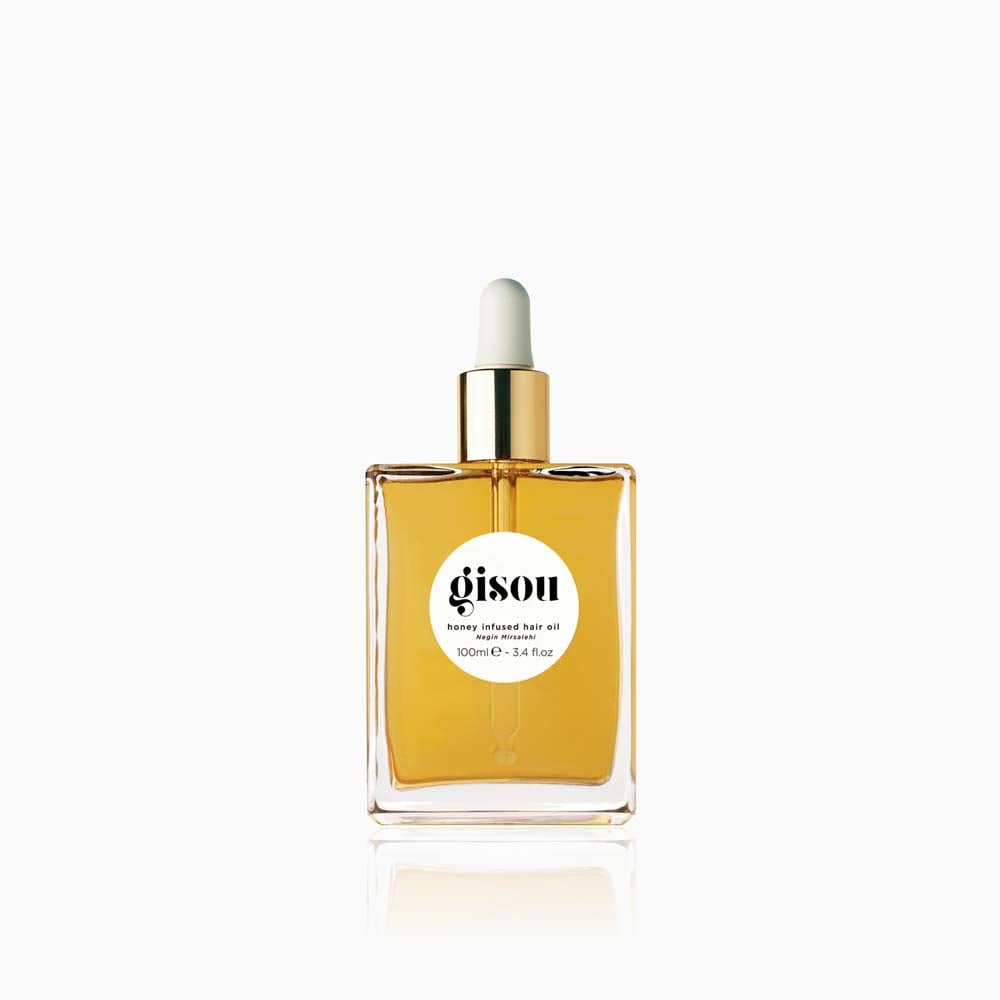How To Support The Honey Bees
In honor of Honey Bee Day and after our community’s overwhelming excitement and support for Bee Learning Chapter 1, we’ve now launched the final two chapters of our Bee Learning Course. We can’t wait for you to continue learning about bees and beekeeping & hope to inspire more of you to help us care for the creatures that care for our planet.
Next to educating yourself about the bees by taking our Bee Learning Course, there are a few other things you can do to help support the honey bees. Keep reading to find out how you can help them!

Why do bees play an essential role in our ecosystem?
Honey bees are the most important pollinators in the world which make them fundamental to the health of our natural ecosystem. Pollination is the basis of human nutrition, enabling the production of fruits, nuts and seeds.
- Honey bees are the world's most important pollinator of food crops - they are responsible for nearly a third of our global food crops and most flowering plants.
- Vegetables such as broccoli, asparagus and cucumber rely on the pollination of bees, as do apricots, strawberries, apples, tomatoes, almonds, coffee and even cotton!
Why are bee populations in decline?
Honey bee populations have been declining worldwide due to widespread pesticide use, climate change, disease, and habitat loss. Here’s why:
Until 50 years ago, areas which are now used for agriculture had a variety of wildflowers which sustained healthy bee populations. The pressure on farmers for increased output means there’s no longer any space for wild nature on farmlands. This leads to the decline in bee populations, which is amplified even further by the use of harmful pesticides in agriculture.
Today’s main culprits for declining bee populations:
- Intensive farming practices - less space for wild nature
- Mono-cropping - lack of diversity in bee nutrition + increased need in pesticide use
- Excessive use of agricultural chemicals/pesticides - harmful for the bees
- Higher temperatures associated with climate change - altering the relationship between flowering plants and bees, causing nutritional stress

How to support the honey bees
Now that we know why bees are important for our ecosystem and how they’re being threatened, here are some easy things you can do to support the bees!
1. Go organic
Opt for organic produce and avoid the use of chemicals in your garden. The use of insecticides and herbicides will weaken and even kill your bees, so avoid these at all cost, whether you’re buying produce or tending to your own garden.
Research shows that pesticides linger in the pollen and nectar of flowering plants, which is the main source of food for honey bees. These pesticides weaken the bees’ immune systems and make them more susceptible to disease.
- Avoid herbicides that kill nectar-producing plants
- Buy pesticide-free plants
- Remove weeds by hand
- Shop your produce locally and organic
2. Plant a variety of flowers
Bees rely on flowering wildflowers, shrubs and trees to provide food in the form of nectar and pollen. Plant indigenous wildflowers every summer (wherever you can!) Here’s what you should take into account:
- Flowers bloom across the different seasons, from early Spring to late Fall. Choose a variety of flowers that will bloom throughout the seasons.
- Opt for native wildflowers, meaning flowers which naturally occur in the region or ecosystem your hives are located in.
- If you have a garden, don’t mow your lawn too often - the little flowers such as dandelions and clover are the perfect food source for bees.
3. Provide water
If you have a garden, rooftop or balcony, you can provide water for the bees. Bees return harvested water to their hive and use it to cool down the hive by fanning their wings. Like a mini air conditioning system!
You can create a little bee bath using a shallow plate filled with water and flat stones, for the bees to land on safely without the risk of drowning. Make sure to refresh the water every so often.

4. Support your local beekeeper
By buying local honey and other bee products, you support local beekeepers and their honey bees, and in turn also the health of the environment in your immediate surroundings. Local raw honey is delicious and full of nutrients!
The Gisou Bees Project
This is also why we’ve set up The Gisou Bees Project: a special Gisou initiative in support of urban beekeeping practices to fight the declining bee populations worldwide. With this project, we show our support to urban beekeeping efforts by placing urban Gisou beehives in major cities around the world. We work together with local beekeepers who look after the Gisou bees on our behalf.
Not only do we support urban bee populations this way, but we also support local beekeepers who continuously care for the bees and raise awareness in their local communities. As we place our Gisou urban beehives in a city to improve the health of the city’s ecosystem, we therefore concurrently aim to carry out part of our mission - to raise awareness for the importance of bees.















